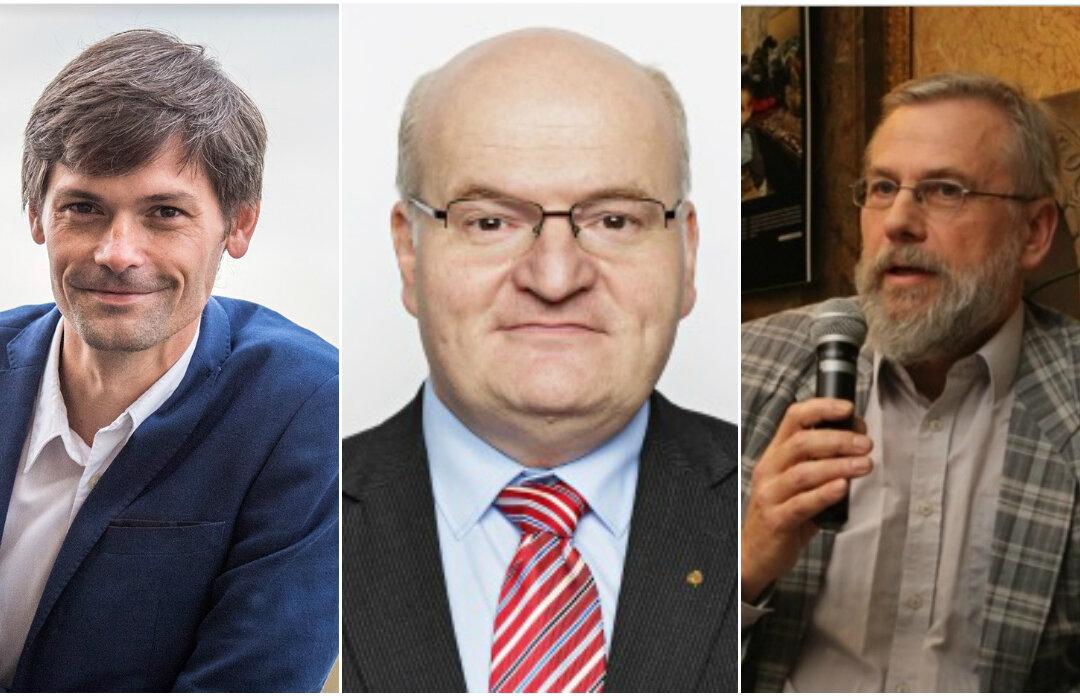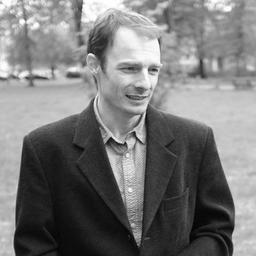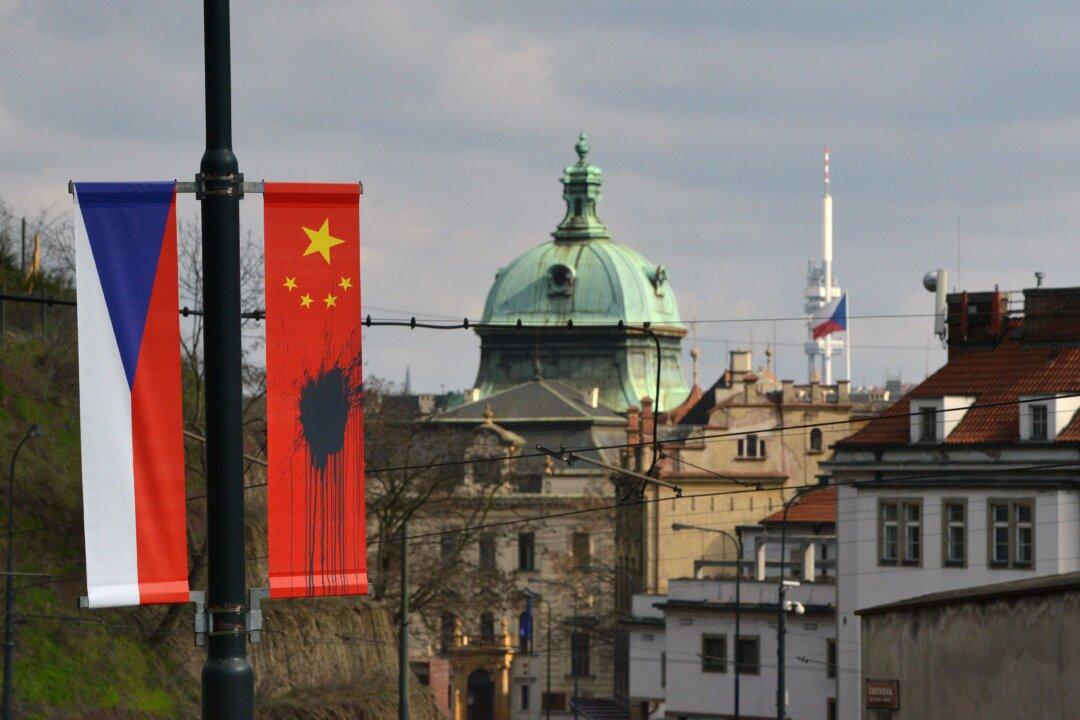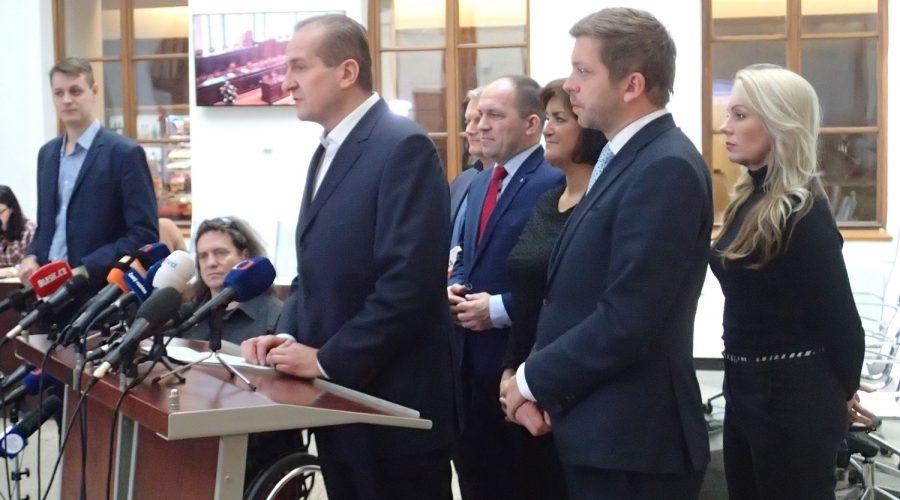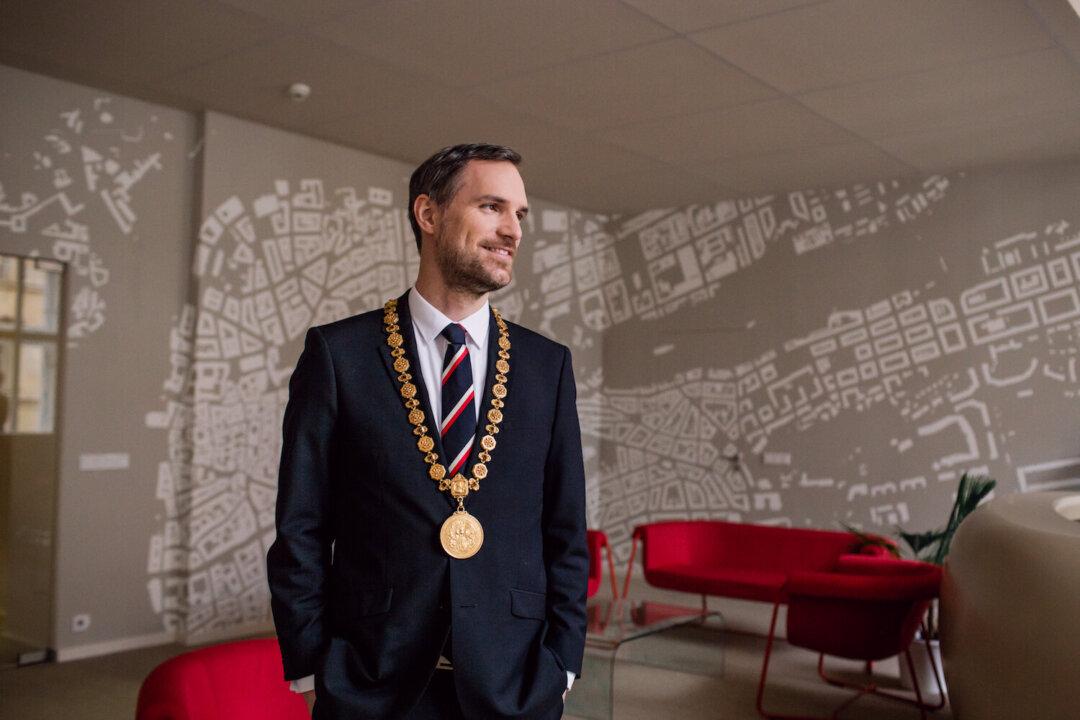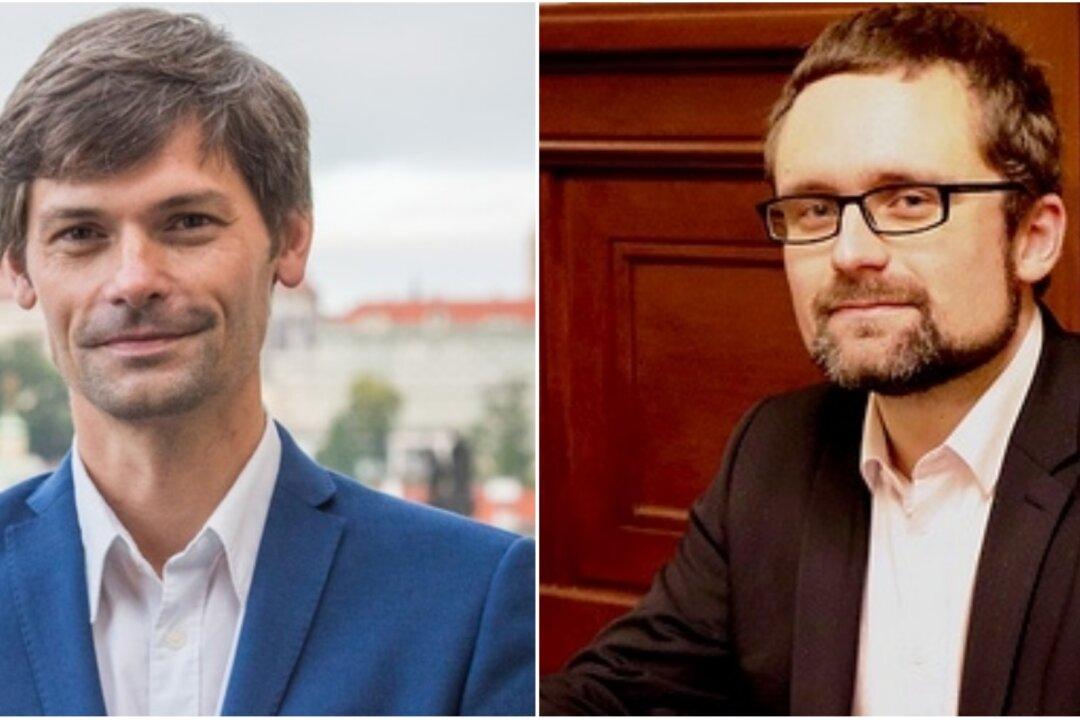Several Czech politicians and experts support a draft amendment to the transplant law that would prohibit Czech citizens from visiting China for organ transplants—a phenomenon called “transplant tourism.” This bold move exposes the unethical practices in the industry, particularly the involuntary organ harvesting of Chinese prisoners of conscience.
In China, since 2006, a number of experts have mapped a sharp increase in transplants and trafficking in organs from the prison system, which according to experts, continue to this day. The findings of the research have not yet been validated by court. According to a number of experts, witnesses and medical staff, however, some religious and ethnic groups are persecuted and imprisoned in China and their vital organs are harvested in modern transplant centers. And the Chinese regime is behind the abuses.
The European Parliament resolution of 2013 and the laws adopted in several countries around the world on transplant tourism could encourage the Czech Republic to adopt such a law.
“We should definitely not be indifferent to this and I will try to propose the amendment and see how it proceeds,” said Hilšer, in an interview with Czech Radio on Dec. 8, 2018.
The transplant bill is supported by former Minister of Culture Daniel Herman, and bioethicist Jan Payne from Charles University in Prague. The amendment to the law is also supported by members of the Pirate Party, the Czech Helsinki Committee (CHC) and former Human Rights Commissioner Monika Šimůnková.
In the Czech Republic, this is the first attempt to establish this new “ethical standard” in relation to foreign transplantation surgery and the punishment of crimes related to the abuse of organ harvesting.
According to The Epoch Times, the Senate has already commissioned an analysis of legislative treatment in other countries with the Parliament Institute.
Herman encountered the issue of the persecution of religious believers and ethnic minorities in China during his tenure as director of the Institute for the Study of Totalitarian Regimes in Prague. He has also personally met with the authors of the investigative reports about China’s transplantation industry several times.
“I fully support the Senate’s initiative to create a resolution against organ tourism. I am convinced that the example of Israel, our close ally, is very inspiring and that we could follow their lead. And simply the adoption of the relevant legislation. I myself want to take advantage of my possibilities of access to some members of parliament and the current government. I mean, in particular, from the Ministry of Foreign Affairs or possibly the Ministry of Health, and to take these initiatives there,” said Herman at a public hearing in the Senate on Nov. 19, 2018.
Payne has looked into the unethical practices in China’s transplantation industry. He supports the adoption of the law on transplant tourism and in raising awareness of the issue—so he believes it is necessary to hold a public discussion on the topic.
“I have my own experience, because I have dealt with these issues before, so I again mention the problem that many people in Czech Republic simply don’t believe in it. Then there is the group that doesn’t want to believe it. And then there is a group that cannot believe it. So we won’t change the other two groups, and we won’t change Chinese politics, but it would be good to talk about it a lot, there are politicians here, there are journalists here, to get the issue to the public, so that those who don’t believe it now, but could believe it, come to believe that the reality truly is so ghastly,” said Payne in relation to a statement about cases of using transplantation surgery to liquidate dissidents in China.
Preventing Transplant Tourism
Because fighting unethical practices directly on China’s territory is not feasible for Western countries, their efforts are focused on minimizing the participation in organ transplantation from involuntary donors.“In Italy, we have no power to stop this crime, but we have a duty to make every effort not to become its co-participants,” Senator Maurizio Romani said during a debate in the Italian Senate on March 2015.
The amendment of the Italian law was also praised by the Czech transplant expert MUDr. Štefan Vitko, Csc., a member of the Czech Transplantation Society.
“Remarkable in the Italian law is that sufferers who have the transplantation of a ‘commercial’ organ done will also be affected, I think it is very effective. The sanction of medical personnel is also noticeable,” wrote Vitko to The Epoch Times in response to the above-mentioned reports in 2016.
The Italian amendment assesses high financial penalties to medical staff for mediating such transplantation, while punishing doctors, nurses or staff with a life ban on health care practices.
Forced Organ Harvesting in China Exposed
On June 28, 2017, the third secretary to the Chinese Embassy in Prague, Qi Dazhuang, sent a statement to Czech Radio, in which he denied all allegations of abusive practices related to organ transplants.However, evidence that the Chinese regime harvests organs from prisoners of conscience was brought to the public through the work of two Canadians, human rights lawyer David Matas and former Canadian secretary of state for Asia-Pacific, David Kilgour. Their research indicates that most of the prisoners, who are killed in the process, are adherents of the Falun Gong spiritual practice, a meditation-based discipline that has been severely suppressed by the Chinese regime since 1999.
Since March 2006, there has been an increasing number of investigations and reports alleging that the CCP uses its military and security forces to murder Falun Gong practitioners and other still-living prisoners of conscience for their organs. Insider testimonies have suggested that the authorities use the prison system as a living pool of organ donors to be killed on demand.
Kilgour and Matas released the results of their preliminary investigation in a 2006 report, titled “Report Into Allegations of Organ Harvesting of Falun Gong Practitioners in China.”
Worldwide, patients in desperate need of an organ transplant have over the last nearly two decades traveled to China for surgery, where they report being able to procure a matching organ within weeks or months—far shorter than the waiting period in their home countries based on organ donations. But these medical tourists have unwittingly contributed to China’s dark organ harvesting trade, where the quick turnaround in scheduling transplantation operations is due to the state’s killing on demand, Matas and Kilgour concluded in several studies they co-authored on China’s forced organ harvesting. The two were nominated for the Nobel Peace Prize in 2010 for their work.
They estimated that transplant volume in China may have reached tens of thousands annually since the year 2000.
